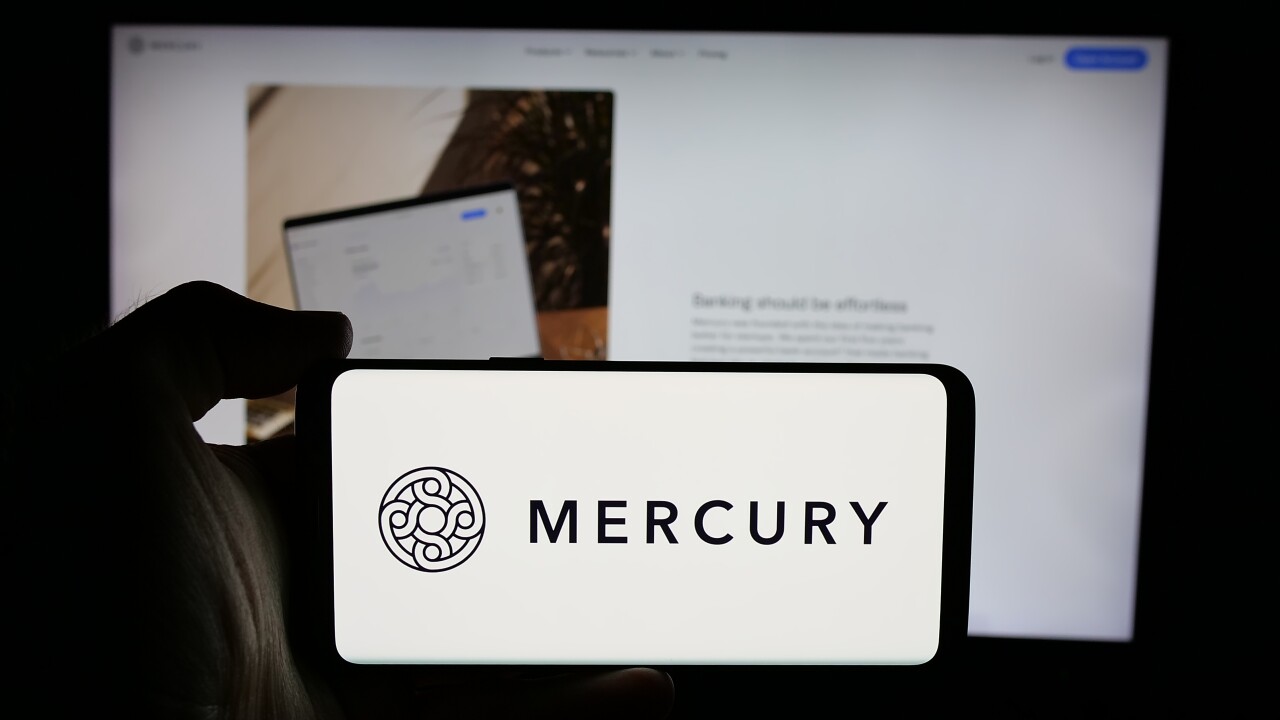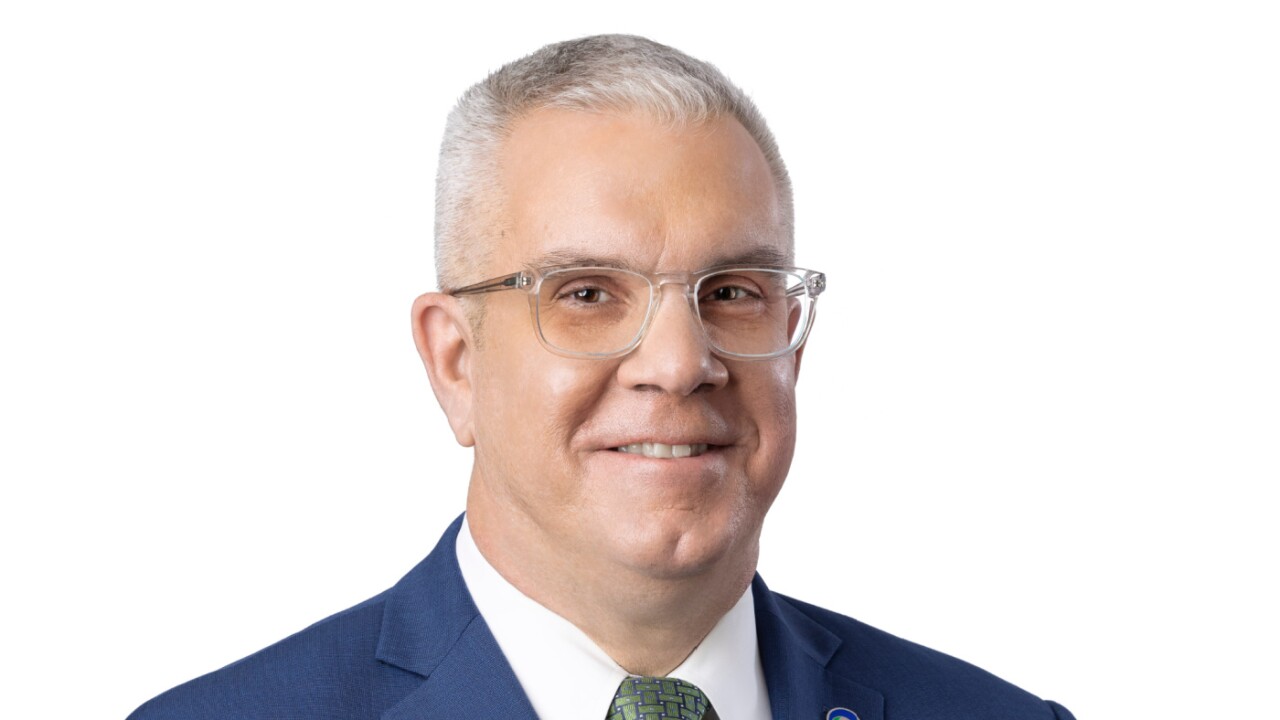A new challenger bank called Ahead Financials is targeting what it calls the emerging middle class with a fee-free account and financial health tools.
Ahead, which is a subsidiary of the small-dollar online lender LendUp and managed by the same team, launched on Tuesday. Ahead customers will get a no-fee checking account and debit card, early access to paycheck funds and free overdraft protection for up to $100. Deposits are held with the $827.9 million-asset Sutton Bank in Attica, Ohio.
The digital bank will provide the younger customers it’s targeting with financial education. It has partnered with several financial wellness groups including the Financial Health Network in Chicago,
For example, the Ahead mobile app will include a financial health “scorecard” from the Financial Health Network. Ahead customers will be able to search SpringFour’s online database of local government and nonprofit resources to help with expenses such as groceries, utilities and child care. Customers will be able to speak with certified credit counselors through Balance, a financial education service.
Ahead will also report users' rent and utility payments to credit bureaus to help customers improve their credit scores.

Ahead is targeting customers similar to LendUp’s — consumers who have $35,000 to $45,000 in annual income, are renters and gainfully employed. These consumers, however, may be unable to use mainstream financial services for various reasons, such as poor credit or volatile incomes. About 80% of LendUp's customers report that their income changes by $200 each month.
Many of LendUp's nearly 1 million customers have a credit score that hovers around 550. Since 2012, the lender has originated more than $2 billion in small-dollar loans, averaging $300 per loan.
The San Francisco company also encourages its users to develop better financial habits through partnerships with the Financial Health Network, SpringFour and Balance. For example, LendUp customers could schedule appointments with Balance’s credit counselors and search SpringFour’s resource database.
The LendUp Ladder program rewards users with points for repaying their loans on time or taking educational courses on its website. As they earn points and ascend the “ladder,” they can apply for larger loans at lower rates, including installment loans that are reported to the credit bureaus.
When surveying the landscape of challenger banks,
“Almost all neobanks are focusing on the upwardly mobile,” she said.
The customers she is targeting may pull in a decent income for where they live. But their income may be volatile, or they may have no savings or credit card to fall back on in a financial emergency.
Shultes’s goal is to expand beyond LendUp customers to a more national audience. She also feels that her senior leadership team of six, of which the majority are women and people of color, is well qualified to serve this customer.
“We bring a visceral knowledge of this customer to Ahead,” said Shultes. “I grew up in India but have been in the U.S. for 30 years. I was underbanked when I was an international student. I had no tool for credit.”
But she emphasizes that this problem is not unique to students or immigrants.
“Everyday Americans have this issue,” she said. “It’s not that they’ve never had a credit card. They know the products are out there, but they just can’t get them.”





